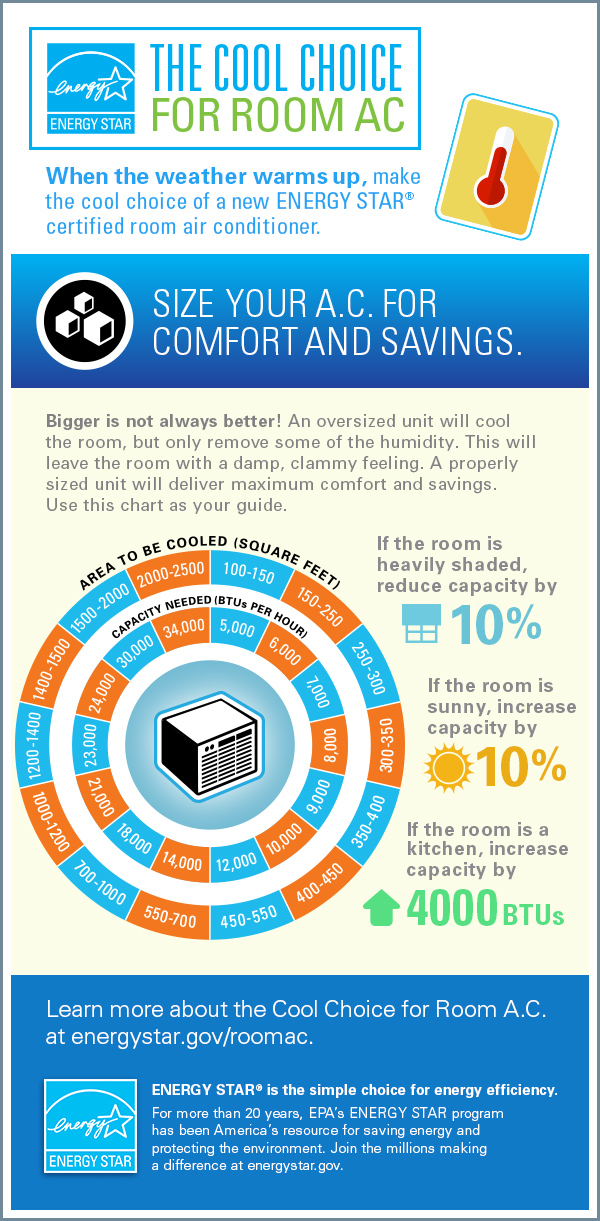The Future Of Home Home Heating - Exactly How Heat Pump Modern Technology Is Evolving
The Future Of Home Home Heating - Exactly How Heat Pump Modern Technology Is Evolving
Blog Article
Post By-David Goff
Heatpump will be a vital modern technology for decarbonising heating. In a circumstance consistent with federal governments' introduced energy and climate dedications, their global ability doubles by 2030, while their share in heating rises to one-quarter.
They function best in well-insulated homes and count on electricity, which can be supplied from a renewable power grid. Technical innovations are making them extra effective, smarter and less expensive.
Gas Cells
Heatpump make use of a compressor, refrigerant, coils and followers to relocate the air and heat in homes and devices. https://hvac-contractor-license64218.blazingblog.com/29387461/the-ultimate-overview-to-understanding-warmth-pumps-just-how-do-they-function can be powered by solar power or electrical power from the grid. They have been obtaining popularity due to their inexpensive, peaceful procedure and the capacity to generate electrical energy during peak power need.
Some companies, like IdaTech and BG MicroGen, are dealing with gas cells for home heating. These microgenerators can replace a gas boiler and generate some of a residence's electrical demands with a link to the electricity grid for the rest.
Yet there are factors to be cynical of using hydrogen for home heating, Rosenow says. It would be expensive and inefficient compared to other innovations, and it would contribute to carbon discharges.
just click the following webpage and Connected Technologies
Smart home innovation allows house owners to connect and manage their tools remotely with making use of smartphone applications. For https://www.annistonstar.com/features/home_garden/remember-these-tips-to-ensure-a-successful-summer-in-the-garden/article_3b5af124-fa8e-11ec-9ff2-2f1c1704cec3.html , wise thermostats can learn your home heating preferences and automatically get used to enhance power consumption. Smart lights systems can be controlled with voice commands and immediately switch off lights when you leave the room, decreasing energy waste. And smart plugs can keep track of and handle your electrical use, enabling you to recognize and restrict energy-hungry home appliances.
The tech-savvy house portrayed in Carina's meeting is a great picture of how residents reconfigure area heating techniques in the light of new wise home technologies. They depend on the gadgets' computerized features to perform day-to-day adjustments and regard them as a hassle-free methods of performing their heating practices. Thus, they see no reason to adapt their techniques additionally in order to make it possible for flexibility in their home power demand, and interventions targeting at doing so may face resistance from these households.
Electrical energy
Since heating homes accounts for 13% people emissions, a button to cleaner alternatives might make a huge distinction. Yet the technology faces obstacles: It's pricey and requires considerable home restorations. And it's not constantly compatible with renewable energy sources, such as solar and wind.
Up until just recently, electrical heat pumps were as well costly to compete with gas models in a lot of markets. However new technologies in design and products are making them much more affordable. And better cold climate performance is allowing them to work well also in subzero temperature levels.
The next step in decarbonising heating might be making use of warm networks, which attract warmth from a central resource, such as a close-by river or sea inlet, and disperse it to a network of homes or structures. That would certainly minimize carbon discharges and permit families to capitalize on renewable resource, such as environment-friendly power from a grid supplied by renewables. This alternative would certainly be less costly than switching over to hydrogen, a fossil fuel that needs brand-new framework and would just decrease CO2 emissions by 5 percent if paired with boosted home insulation.
Renewable resource
As power prices go down, we're starting to see the very same pattern in home heating that has driven electrical vehicles right into the mainstream-- however at an also faster rate. The strong environment case for impressive homes has been pushed even more by brand-new study.
Renewables make up a considerable share of modern heat usage, however have actually been given restricted plan focus worldwide compared to other end-use sectors-- and also much less focus than power has. Partially, air conditioning repair christchurch shows a mix of customer inertia, divided incentives and, in several countries, aids for nonrenewable fuel sources.
New modern technologies could make the shift easier. For instance, heatpump can be made much more energy efficient by changing old R-22 cooling agents with new ones that do not have the high GWPs of their predecessors. Some professionals likewise imagine district systems that attract warmth from a neighboring river or sea inlet, like a Norwegian arm. The cozy water can then be made use of for heating & cooling in an area.